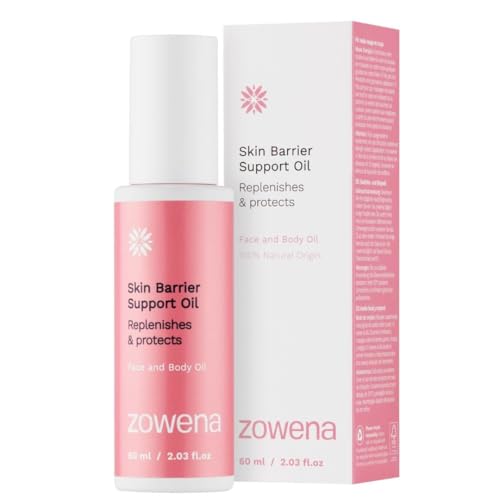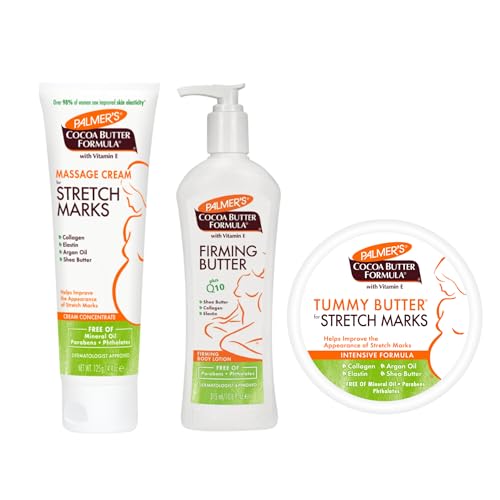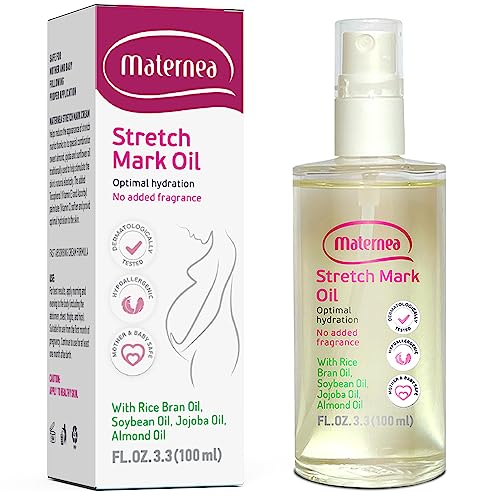Understanding Pregnancy Skin-Care: What Your Skin Needs During This Special Time
The Changes You Can Expect
During pregnancy, your body goes through significant hormonal changes that can have a profound effect on your skin. You might notice that your skin becomes more sensitive, in some cases drier, or even oilier as your hormone levels fluctuate. Many women experience a healthy glow due to increased blood flow, while others may deal with common skin concerns like stretch marks, acne, or pigmentation issues like the ‘mask of pregnancy’. Understanding these changes is crucial as it helps us tailor our skin-care approach to meet the unique needs that arise during this special time.
The Importance of Gentle Care
With your skin being more sensitive during pregnancy, opting for gentle products is key. This means avoiding harsh chemicals or strong fragrances, which can lead to irritation or allergic reactions. Instead, look for products specifically formulated for sensitive skin. Hydration becomes more essential than ever, so we should focus on moisturising ingredients that nourish and protect the skin barrier without being overly aggressive.
Essential Ingredients to Look For in Pregnancy Skin-Care Products
Hydrating Heroes
Ingredients like hyaluronic acid are fantastic for hydration, drawing moisture into the skin and keeping it plump and soft. We should also consider glycerin, a humectant that helps retain moisture in the skin. For pregnant women dealing with dryness, products featuring ceramides or natural oils can replenish the skin barrier and lock in moisture effectively.
Soothing Additions
Look for soothing ingredients like aloe vera and calendula, which can calm irritation and reduce redness. Both these ingredients are known for their gentle, calming properties and can help maintain skin comfort throughout pregnancy. Another ingredient to consider is niacinamide, which is excellent for improving skin texture and calming inflammation.
Natural and Safe Options
As we choose products for pregnancy, opting for natural, plant-based ingredients can be beneficial. Ingredients like shea butter and coconut oil are not only natural moisturisers but also provide additional benefits to skin health. However, it’s essential to avoid certain essential oils and retinoids that are not recommended for use during pregnancy, as they can potentially cause issues.
Recommended Pregnancy Skin-Care Routines for Every Trimester
First Trimester Focus
In the first trimester, we recommend starting with a gentle cleanser that won’t strip your skin of its natural oils. Follow this up with a hydrating serum containing hyaluronic acid, which is fantastic for maintaining moisture levels. Finally, applying a lightweight moisturiser will keep your skin supple and hydrated as it adjusts to the changes your body is experiencing.
Second Trimester Essentials
During the second trimester, our skin might start experiencing more changes. This is a great time to incorporate a rich moisturiser or body butter to help prevent stretch marks, particularly as your belly begins to grow. Adding a vitamin C serum can also boost hydration and help with pigmentation issues. It’s essential to wear a broad-spectrum sunscreen daily to protect against UV rays and pigmentation.
Third Trimester Tips
In the third trimester, focus on hydration and comfort. Continuing with your body moisturiser is crucial, and consider using a soothing cream for areas prone to stretching. We also suggest prioritising products that contain soothing ingredients to address any irritation or discomfort. Lastly, maintaining a good skincare routine before labour can help you feel refreshed and radiant.
Top Pregnancy Skin-Care Products: Our Top Picks
Face Care Favourites
For facial care, we recommend looking for serums from brands that focus on natural ingredients, such as those featuring gentler formulations. Products that include soothing and hydrating ingredients can significantly improve skin texture during this time. It’s worthwhile to explore moisturisers known for their rich consistency and nourishing properties. Keep an eye out for non-comedogenic products to avoid clogged pores.
Body Care Must-Haves
When it comes to body care, products designed specifically for pregnant women often contain safe, effective formulas aimed at increasing skin elasticity. Creams enriched with shea butter or cocoa butter are fantastic choices to keep the skin moisturised and smooth, helping to manage the appearance of stretch marks. Regularly applying body oil or lotion after showering can significantly enhance skin hydration.
Sunscreen Selection
Don’t forget the importance of sunscreen in your regimen. A lightweight, non-greasy mineral sunscreen with zinc oxide or titanium dioxide provides safe protection against UV rays without harmful chemicals. Opt for products that are gentle enough for sensitive skin but still offer high SPF protection to shield your skin, particularly as hormonal changes may make it more susceptible to sun damage.
How to Create a Pregnancy Skin-Care Routine That Works for You
Assess Your Skin Type
To build the perfect skincare routine, we first need to assess our skin type. Are we dealing with dryness, sensitivity, or perhaps oiliness? Recognising our individual skin needs will allow us to select the most beneficial products and avoid unnecessary ones. This introductory step ensures that we’re setting the groundwork for a solid skincare practice.
Establish a Simple Routine
We should aim for a simple yet effective routine that doesn’t overwhelm us. A basic regimen of cleansing, hydrating, and moisturising can be sufficient for maintaining healthy skin. Remember, consistency is key, so sticking to what works for our skin throughout pregnancy is important. We can also make adjustments as our needs change from trimester to trimester.
Listen to Your Skin
Finally, in the realm of skincare, it’s essential to listen to what our skin is telling us. If a product doesn’t feel right, or if our skin reacts negatively, we should consider switching products until we find the right fit. Our skin can change during pregnancy, so adaptability is crucial in maintaining balance and comfort.













